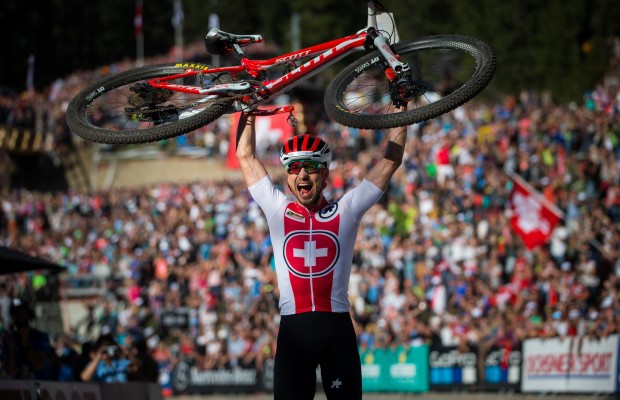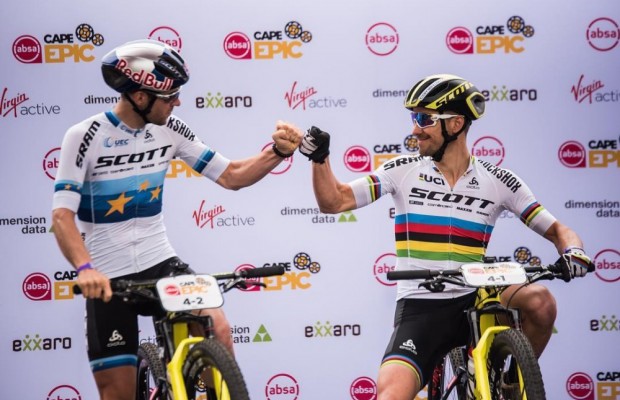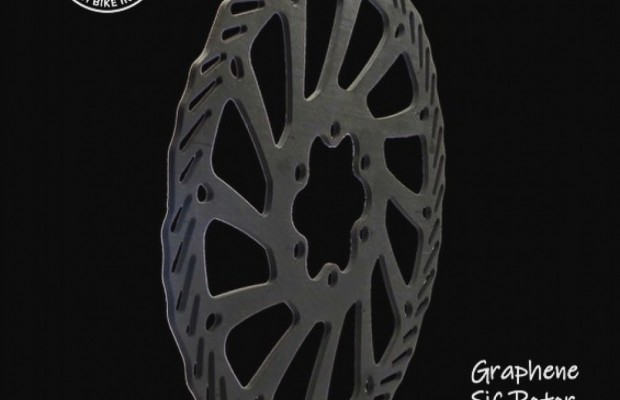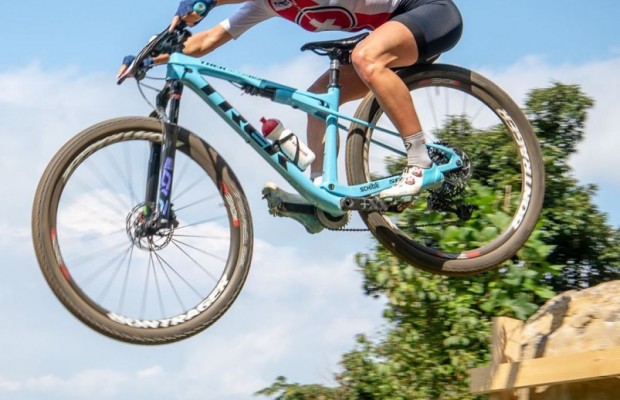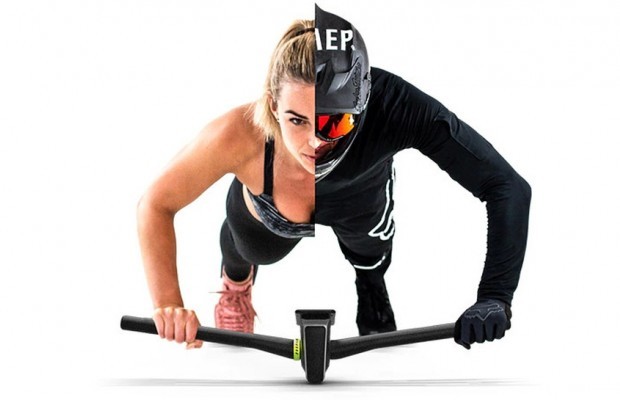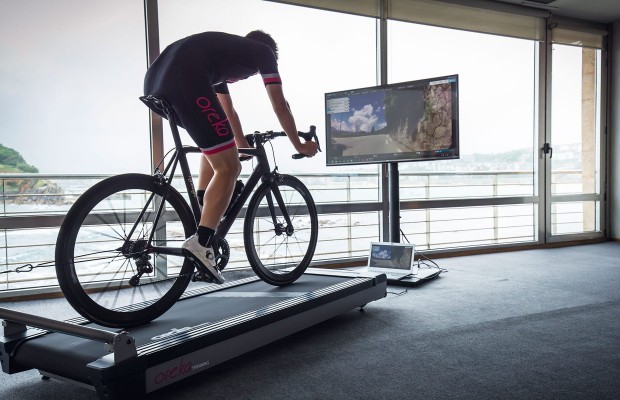Research suggests elite athletes are at greater risk from Covid-19
A few days ago, the prestigious scientific magazine The Lancet published the results of its research on respiratory medicine. In this study it attempted to find out the effect that the coronavirus had on elite sportsmen and women, and whether it affected them in a different way with greater or lesser severity depending on these characteristics.
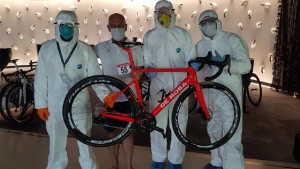
Coronavirus might be a cycling risk: it has a greater impact on elite athletes
Their results were published by researchers James H. Hull, Mike Loosemore and Martin Schwellnus on April 8, and they summarize the findings to an idea they suggest in their study conclusions: the risks for athletes on high-intensity training regimens may be slightly higher for the Coronavirus. Of course, that includes the risks for cyclists and elite riders.
The study of this relationship between coronavirus and elite sport is based on issues that are not new: a high intensity of training maintained over time, affects a greater percentage in transient alterations of the immune system, inflammation or muscle damage. These aspects, for example, can alter the response that an elite athlete would have against the coronavirus.
RECOMENDADO
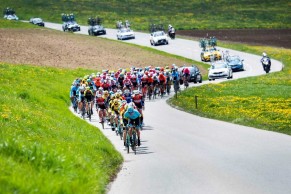
It also refers to the higher incidence in people over 60 years old and the great capacity of contagion of the virus, which would justify all the decisions taken on the continuation of training and team competitions.
All these arguments were taken into account to postpone what was the most important event of this 2020, the Tokyo Olympic Games, since the study explicitly concludes that "there are cohorts of athletes and parathletes with greater susceptibility to respiratory tract infection and cohorts with known chronic medical conditions, such as respiratory tract disease", precisely the human organs that are most affected by the coronavirus.
In fact, it gives a percentage: approximately 20% of all athletes who practice some endurance discipline (it is a cycling risk, therefore) suffer from one of these conditions.
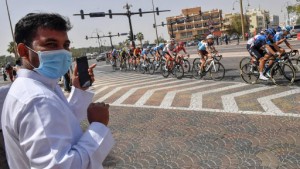
Exercise is important, they say, but top-level athletes, in order to compete, need to conduct high-intensity sessions to develop and accommodate their physical level to the competition. And these high training loads are associated with "transitory immune disturbances, inflammation, oxidative stress and muscle damage" that can produce alterations that worsen the response to the appearance of Coronavirus infection. Therefore, they advise these elite athletes not to increase training loads suddenly.
Given these data, and from interviews conducted by the scientific magazine itself, most athletes, obviously, express a high concern about the time to return to full physical activity. This is especially true after a coronavirus infection. In view of this, the article suggests that although due to youth and preparation the virus may disappear around 7 days, as well as its symptoms, a greater apparent risk of further deterioration has been observed between days 7 and 9. So they advise strict compliance with at least this period, and if possible the relevant two weeks of isolation and rest. Examples such as the cyclist Fernando Gaviria are some of the confirmed cases of coronavirus in this sport.
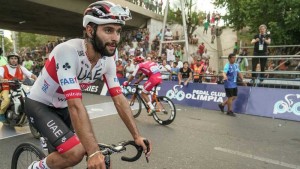
The countries that are de-escalating due to coronavirus already allow the practice of physical exercise outdoors
However, in this scientific article, The Lancet makes it clear that these data are not constrained by general guidelines for healthy living. In other words, it takes for granted that practising any physical activity is an essential element for living a healthy life and reducing, for example, cycling risks. It even refers to regions in isolation, which today means half the world, to consider carrying out such activities as soon as possible.
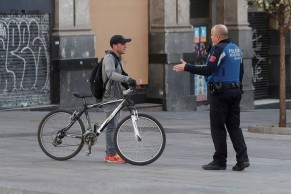
At the moment, most countries at any stage of de-climbing are allowing physical exercise on an individual basis and in some specific time bands. Since a moderate activity (between half an hour and an hour during 3 or 4 days a week and at an intensity of less than 80%) is directly associated with the reduction of the risk of infection of the respiratory tract, as well as any type of cardiovascular risk.
Furthermore, this article from The Lancet reminds us of the importance of prevention and hygiene measures, aspects that do not pose a cycling risk, but which do in many sports of absolute contact and in which hygiene measures cannot be carried out in an optimal manner.
